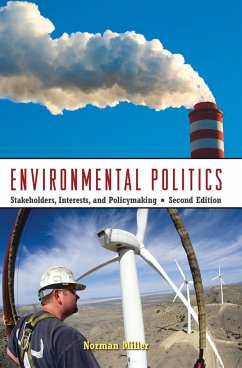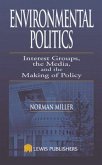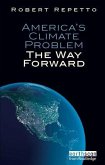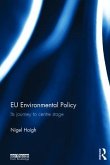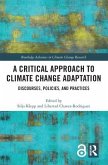Written by an expert with more than 25 years of "smoke-filled room" experience in environmental policymaking, this book gives students an insider's view of how policies are forged. By examining current environmental issues through a stakeholder lens, the book not only provides a unique perspective into how policies are adopted, but also illuminates the transformative power of global warming as a political force.
Hinweis: Dieser Artikel kann nur an eine deutsche Lieferadresse ausgeliefert werden.
Hinweis: Dieser Artikel kann nur an eine deutsche Lieferadresse ausgeliefert werden.
"The overall approach, quality, and effectiveness of this text are excellent. Miller writes from a 'behind the scenes' perspective, which students will appreciate, and he is well attuned to what is accessible and understandable to undergraduates."
--Robert V. Bartlett, University of Vermont
"Miller's new edition of Environmental Politics offers a timely and fresh look at the making of environmental policy in the United States. All the basics are here-key stakeholders and agencies, detailed case studies, and descriptions of the pressures on the EPA, news media, scientists, and policy-makers. The second edition also brings new strengths: thoughtful dissection of ground-breaking federal court decisions on global warming, the 'greening' of businesses, and the controversy over government attempts to influence the work of climate scientists."
--Dr. Robert Cox, Professor of Communication Studies and the Ecology Curriculum, University of North Carolina at Chapel Hill
--Robert V. Bartlett, University of Vermont
"Miller's new edition of Environmental Politics offers a timely and fresh look at the making of environmental policy in the United States. All the basics are here-key stakeholders and agencies, detailed case studies, and descriptions of the pressures on the EPA, news media, scientists, and policy-makers. The second edition also brings new strengths: thoughtful dissection of ground-breaking federal court decisions on global warming, the 'greening' of businesses, and the controversy over government attempts to influence the work of climate scientists."
--Dr. Robert Cox, Professor of Communication Studies and the Ecology Curriculum, University of North Carolina at Chapel Hill

